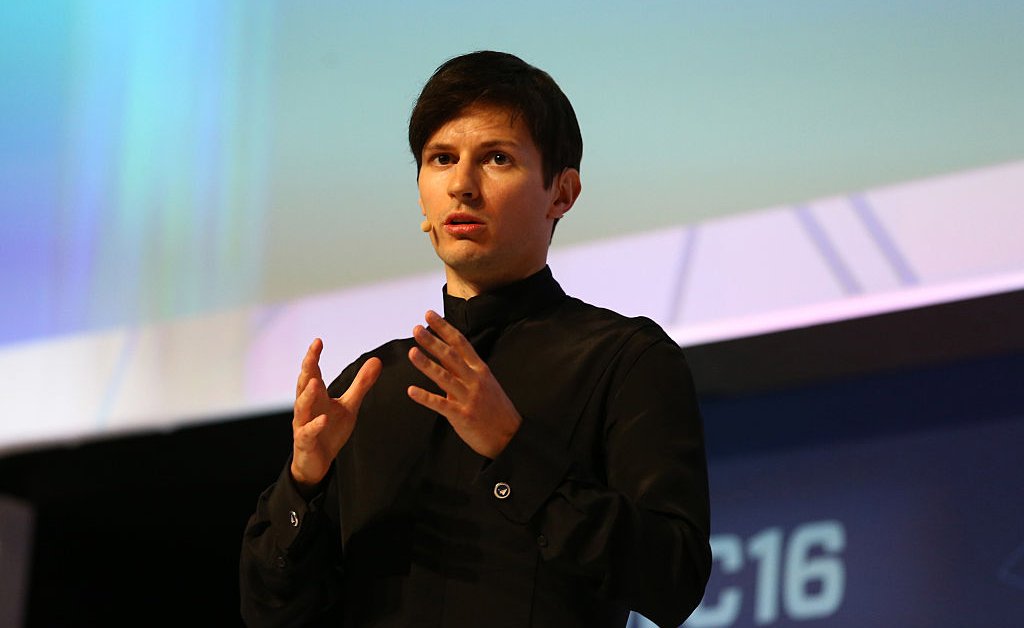Pavel Durov, the founder and CEO of the messaging service Telegram, was detained at a Paris airport on an arrest warrant alleging that his platform has been used for money laundering, drug trafficking, and other offenses. Durov, a dual citizen of France and Russia, was taken into custody at Paris-Le Bourget Airport after landing in France from Azerbaijan. French media reported that the warrant for Durov was issued by France at the request of the special unit at the country’s interior ministry in charge of investigating crimes against minors, including online sexual exploitation.
Telegram was founded by Durov and his brother in response to the Russian government’s crackdown on digital freedom following mass pro-democracy protests in Moscow in 2011 and 2012. The Russian authorities implemented regulations that forced internet providers to block websites and required cellphone operators to store call records and messages that could be shared with security services. In this increasingly repressive environment, Telegram and its pro-privacy rhetoric provided a way for Russians to communicate and share news. However, in 2018, Russian media watchdog Roskomnadzor moved to block Telegram over its refusal to hand over encryption keys.
The French authorities have accused Durov of facilitating crimes such as money laundering, drug trafficking, and other offenses through the Telegram platform. Investigators from the National Anti-Fraud Office attached to the French customs department notified Durov of his police custody upon his arrival in France. French prosecutors declined to comment on Durov’s arrest, citing regulations during an ongoing investigation.
Durov’s representatives have not yet commented on his arrest. It is unclear how long he will remain in custody or what legal proceedings will follow. The allegations against Durov are serious and could have significant implications for the future of Telegram and its users. The messaging service has gained popularity for its focus on privacy and security, but this incident raises questions about the platform’s role in facilitating criminal activities.
The arrest of Pavel Durov highlights the challenges faced by tech companies in balancing freedom of speech and privacy with the need to prevent illegal activities on their platforms. As the investigation unfolds, more details may emerge about the specific allegations against Durov and how they relate to his role as CEO of Telegram. In the meantime, users of the messaging service may be concerned about the implications of this arrest and what it could mean for the future of Telegram.









